SilkRoll Fashion Trading Platform
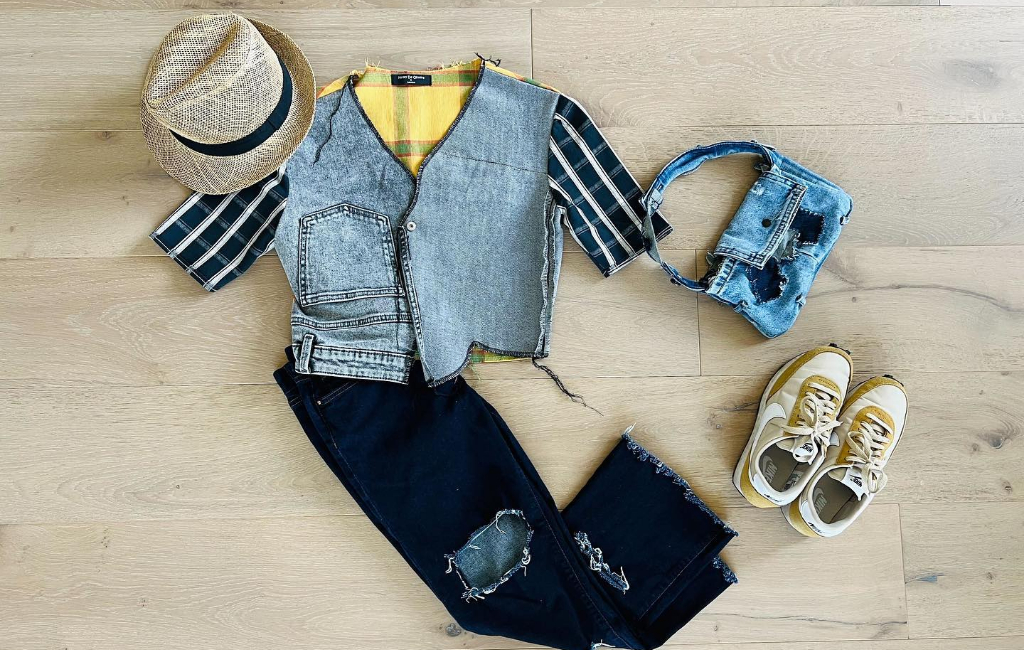
NO DEAL
EPISODE SUMMARY
🕓 Air Date: March 24, 2019
Asking For:
$250,000 for 3%
Investor:
No Deal
Deal:
No Deal
PRODUCT SUMMARY
SilkRoll is an online fashion exchange that allows users to trade unused clothes and handbags with points earned, creating an infinite closet without the traditional consignment drawbacks.
WATCH HERE
IN A RUSH?
Click these to jump to the section you want to read.
Background Story
Janet Wu and Erin Wold-Fettner, the visionary co-founders of SilkRoll, are based in the vibrant tech hub of San Francisco, California. Their entrepreneurial journey is deeply rooted in addressing a common yet overlooked issue in the fashion industry. Janet and Erin’s backgrounds intertwine with their shared passion for sustainable fashion and innovative solutions. Janet, with her expertise in the fashion industry, brought invaluable insights into the challenges faced by consumers trying to resell or consign their gently used items. Erin, on the other hand, contributed her business acumen, having likely garnered experience in startups or related fields.

The inception of SilkRoll was a result of a collective realization that closets were becoming unintentional repositories of underutilized fashion items. Millennials, in particular, were identified as a demographic that often wore an item merely three times before it found its place in the closet, largely due to the hassle and minimal returns associated with traditional consignment. The founders envisioned SilkRoll as a transformative solution to this dilemma, aiming to make secondhand fashion not just practical but also a mainstream choice.

Their concept revolves around creating an “infinite closet” through a unique exchange platform. By providing users with points equivalent to the initial purchase value of their items, SilkRoll encourages a cycle of sustainable fashion. The idea was to streamline the process of exchanging clothes and handbags, ensuring that users could refresh their wardrobes without the financial setbacks often associated with fashion. The backdrop of San Francisco, with its innovation-driven spirit, likely played a role in shaping their tech-infused approach to fashion commerce.
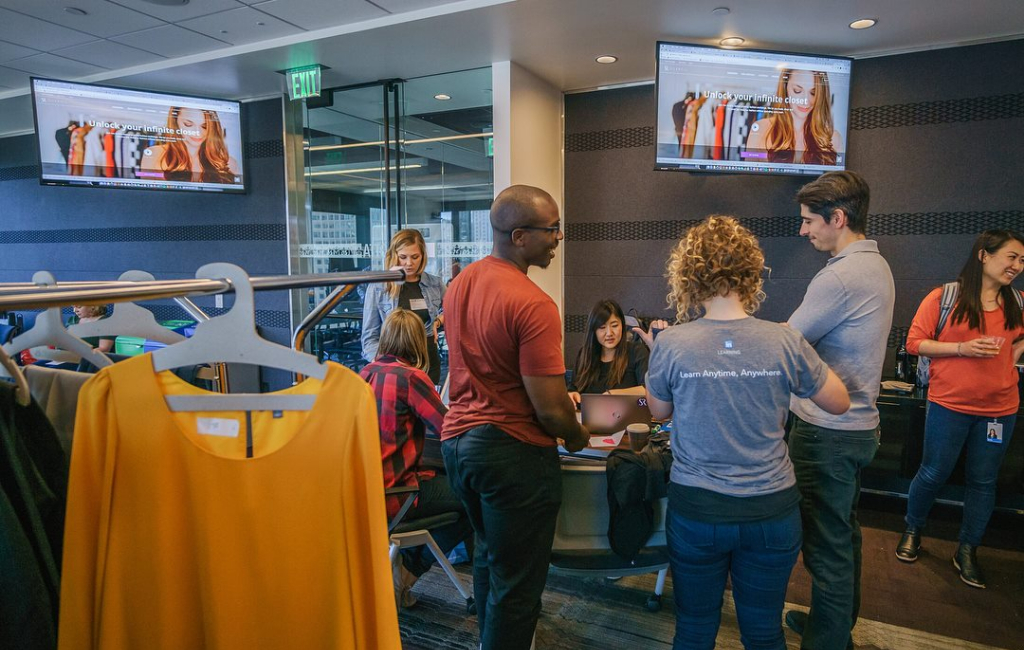
The Product
SilkRoll, the brainchild of Janet Wu and Erin Wold-Fettner, offers a revolutionary approach to fashion consumption with its unique online exchange platform. The product operates as an easy-to-use marketplace where users can trade their gently used clothes and handbags, fostering a sustainable and cost-effective approach to fashion.
The process begins with users receiving a prepaid trading kit, simplifying the submission of their unused items. Upon receiving these items, SilkRoll assigns users points equivalent to the initial purchase value of the items. These points become the currency within the SilkRoll ecosystem, allowing users to shop for new items on the platform without spending additional money.
The benefits of SilkRoll are manifold. Users not only get to refresh their wardrobes without the financial burden of traditional shopping but also actively participate in reducing fashion waste by recycling their gently used items. The platform encourages a sense of community, as users engage in a cycle of sharing and receiving fashion items.
SilkRoll operates on a commission-based model. Users pay a 5% transaction fee when purchasing points and when spending them on items, ensuring a sustainable revenue stream for the platform. This innovative approach to fashion commerce redefines the way consumers interact with their wardrobes, promoting sustainability, community, and a fresh perspective on the value of pre-loved fashion.

How It Went
The company’s position before Shark Tank
SilkRoll, since its launch last year, has exhibited promising growth, trading over $2.3 million worth of products in points. The platform’s unique proposition has attracted a community of users interested in sustainable and cost-effective fashion choices. However, its financial health, as reflected in the reported revenue of $35,000, has raised concerns among potential investors. The company’s revenue model revolves around a 5% transaction fee charged on both the purchase and spending of points. This commission structure results in a robust 68% margin on every order, showcasing the platform’s potential for profitability once user engagement increases.
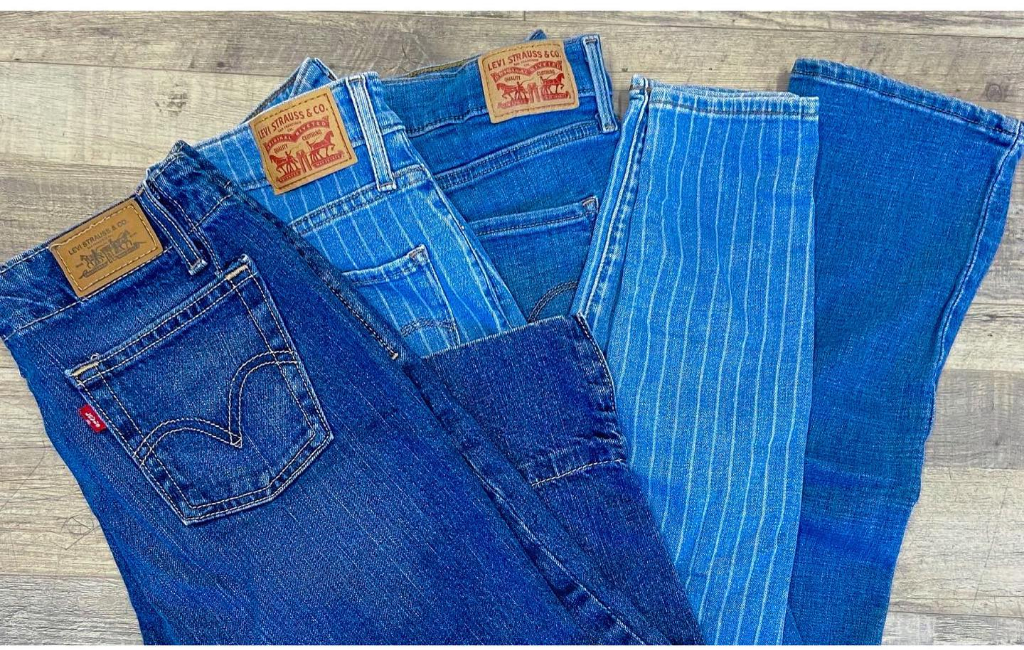
SilkRoll’s primary customers are individuals seeking a sustainable and community-driven approach to fashion. The founders emphasized their goal of making secondhand fashion mainstream, targeting users who are conscious of the environmental impact of their clothing choices. Regarding funding, the pitch did not provide information on SilkRoll’s current funding sources or any previous investment rounds. Whether the company is bootstrapped, funded by angel investors, or has secured venture capital remains undisclosed. This lack of transparency about the company’s funding history could impact investor confidence, especially considering the substantial valuation of $8.3 million.

In terms of financial structure, the pitch did not delve into the company’s profits and losses in detail. The reported revenue of $35,000 may be a reflection of the early stage of the business, but without a breakdown of expenses and profitability, potential investors may find it challenging to assess the company’s financial viability. SilkRoll’s available capital and its use in scaling the platform were not disclosed during the pitch. Understanding the company’s financial runway and how it plans to utilize any new funding is crucial for investors evaluating the business.
The Negotiations:
SilkRoll’s negotiation in the Shark Tank was marked by skepticism from the Sharks, primarily centered around the company’s valuation and revenue model. The co-founders, Janet Wu and Erin Wold-Fettner, sought $250,000 for a 3% equity stake, valuing the company at $8.3 million. The negotiation quickly took a challenging turn when Kevin O’Leary questioned the revenue model and Mark Cuban expressed concerns about the use of buzzwords like “machine learning” and “A.I.” without a clear focus on user acquisition. Lori Greiner also criticized the company’s 5% commission model, stating it might not be large enough to generate significant profits.
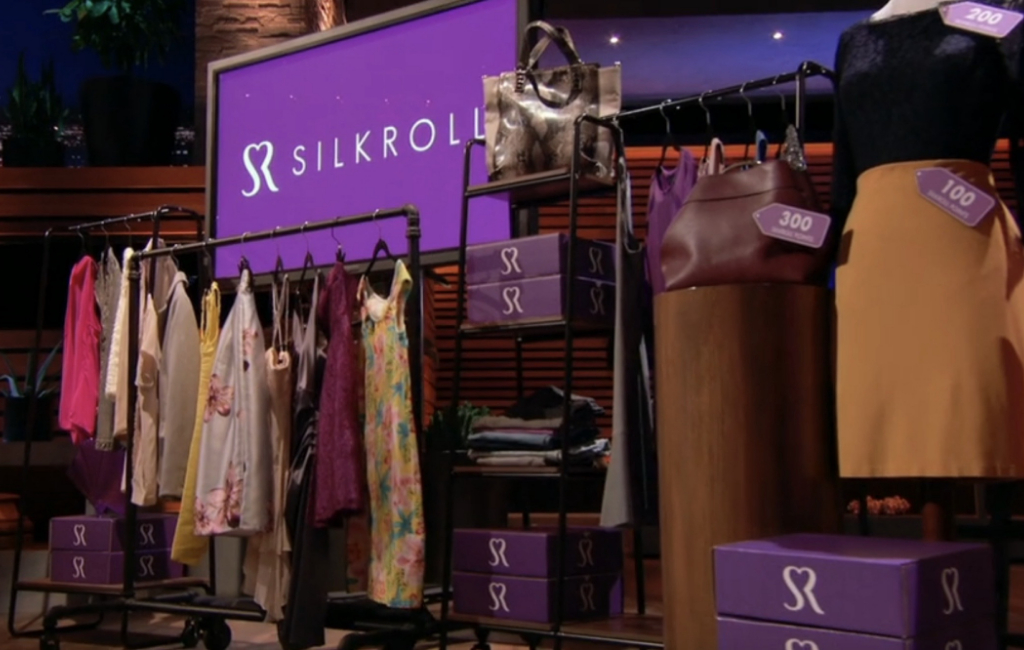
The co-founders faced difficulty explaining the intricacies of their business model, especially in conveying how the 5% transaction fee works and its impact on revenue. The Sharks were critical of the perceived complexity, emphasizing the need for clarity in understanding the revenue streams.Despite the co-founders’ attempts to highlight the uniqueness of their platform, the Sharks ultimately opted out of a deal. Mark Cuban, in particular, emphasized the mismatch between the reported revenue of $35,000 and the staggering $8.3 million valuation, deeming it “ridiculous.”
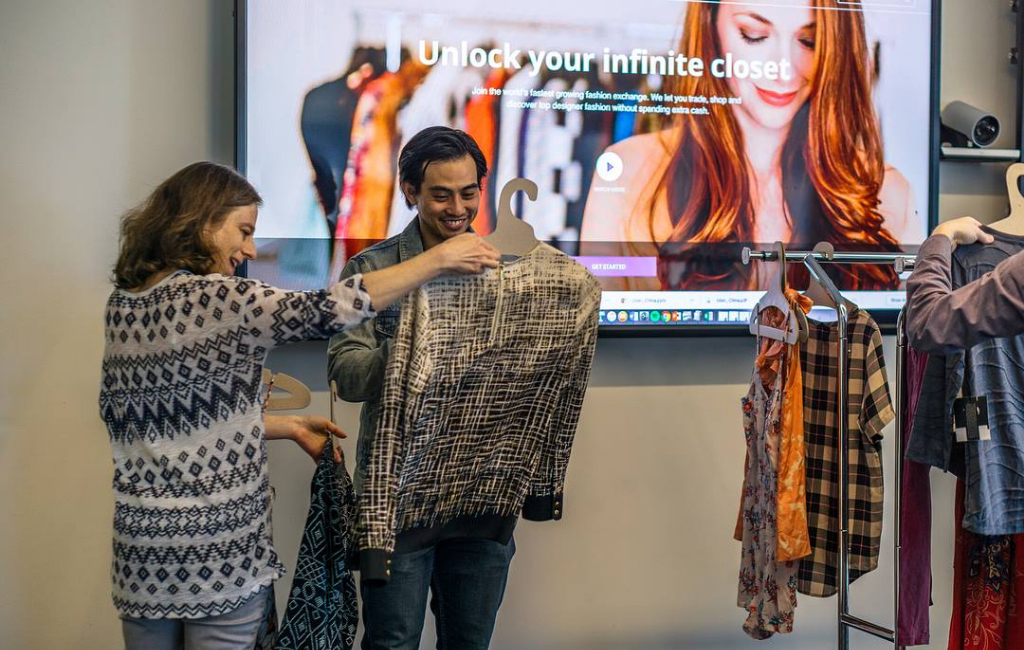
The negotiation underscored the importance of effective communication and clarity in conveying the value proposition to potential investors. The Sharks’ skepticism regarding the valuation and revenue model indicated the need for SilkRoll to refine its pitch and provide more transparent information about its financials, user acquisition strategy, and plans for scaling the business. While the co-founders left the tank without a deal, the experience highlighted crucial areas for improvement in their pitch and business strategy.







